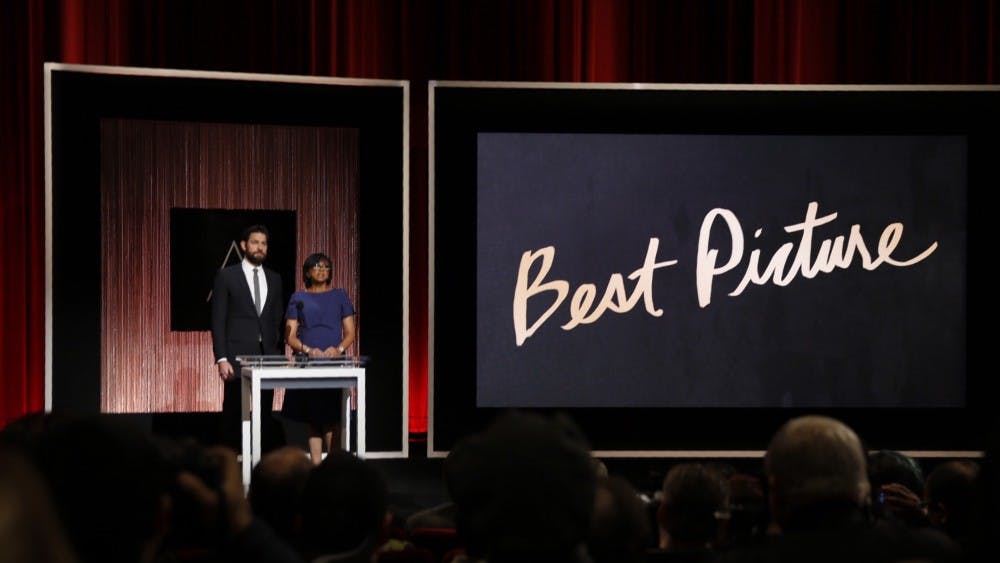Did you hear the bad news? The sitcom died -- again.\nOf course it has died a number of times, and each time we mourn like our favorite pet has just been run over by a truck with "long live syndication!" stenciled onto its side. \nIn the past twenty years or so, the sitcom first died when "M*A*S*H" went off the air in 1983. The sitcom kicked the bucket again when "Cheers" and "The Cosby Show" left in 1992 and 1993, respectively. And once again, in 1998 the sitcom bought the farm when "Seinfeld" took an exit at stage left on top of its game. \nThe situation comedy, you could say, is the walking dead of network television.\nNow, with "Frasier," "Friends" and "Sex in the City" leaving this year, and the mind-bogglingly popular "Everybody Loves Raymond" most likely on the way out next season, we once again rue the death of a sacred television institution. \nTo be sure, the media is still awarding all the ratings-driven fanfare to sitcom finales, with the "Friends" meeting up with Jay Leno, being interviewed on "Dateline" in lieu of serious news and popping up on magazine covers for the umpteenth time. \n(Remarkably, not much attention is being paid to "Frasier," a spin-off of "Cheers" which no one thought would succeed -- which won Outstanding Comedy Series at the Emmys five years in a row and which on the whole was consistently smarter, wittier and funnier than any season "Friends.") \nCritics seem to be standoffish this time around, unwilling to declare the sitcom's death, as if they're trapped in some media criticism Skinner box and pulling the wrong lever one more time will deliver a wicked shock. \nI say embrace it. They'd be right this time -- because this time ain't last time. The difference now is there's no plausible sitcom successor to "Friends" or "Frasier." \nWhen each major network sitcom left TV, there was another one right behind it, quietly waiting to replace it. "M*A*S*H" bequeathed "Cosby" and "Cheers," which bequeathed "Seinfeld," "Frasier" and "Friends." Same security, different blanket.\nThis time, as we say goodbye to the Central Perk and the Doctors Crane, we have no other comedies we can rebound on. Don't put all your eggs in the basket for "Will & Grace," which seemed like NBC's heir apparent with its cushy Thursday slot. But it peaked far too early. The writing has been stained with monotony and repetition, and now the characters are stuck in the rinse cycle. ("Oh, you mean Jack is flamboyantly gay and Karen is an elitist bitch? Huh. After five seasons, I still hadn't picked up on that.") \nIf general impressions don't convincingly show the dire situation that sitcoms are in, the numbers surely will. So far this season, only five comedies are among Nielsen Media Research's list of top 25 shows, compared to nine dramas and nine reality shows ("60 Minutes" and sports fill out the list).\nThe number of people who tune into the finales is also dwindling, perhaps a sign indicating the number of people who actually care is less and less each time. Television's most popular series finale ever, "M*A*S*H," was seen by an unprecedented-for-that-time 105 million viewers. The last "Cheers" was seen by 80.4 million people; "Seinfeld" had 76.2 million. \n"Friends" had 51.1 million people tune in. "Frasier" will have less -- much less.\nTrends conquer television, and you don't need a soothsayer to see where TV is going. Mature dramas, especially those involving the tracking down of criminals, and reality shows are pulling in the numbers that matter to execs. \nComedies are being shoved off onto cable and premium-channels, which depending how you look at it could actually be a great thing for the quality of programming. There, in the oasis of television, they are allowed to be edgier and more independent, less accountable to the millions of devotees, and have the ability to retain formats based less on rigidity and more on amusement. Shows like "Monk," "Curb Your Enthusiasm" and "The Office," all of which would have most likely failed on network TV, are given a chance at life on cable and premium.\nBut as for now, cable comedies will never capture the sizable audiences that network television is capable of grabbing. Network TV is still a safe haven for programming and is just more visible than cable can be.\nIf there is any scrap of good news, it's that there is an exciting opportunity buried within the stark reality that there are no sitcom successors. It does provide a chance for the networks to dream up something new, which in TV-land means taking an old formula and putting it in a different location. \nProducers are hoping "Joey," the spin-off of "Friends," will encounter the same success as "Frasier." But it won't -- "Frasier" worked because it was the direct opposite of "Cheers" and was able to stand on its own. "Joey" will have to be entirely dependent on "Friends" life-support if it has any chance to succeed.\nCritics who are expecting audiences to make new friends with a sitcom soon are mistaken. There are no prominent network comedies out there. Soon viewers will migrate toward other genres, which will most likely spawn more awful reality programming.\nThe sitcom as we knew it, it seems, may have really died this time. There will be other comedies. But for right now, anyone unwilling to concede the demise is still stuck in the first stage of grief: denial.
Has the sitcom died -- for good?
Get stories like this in your inbox
Subscribe





